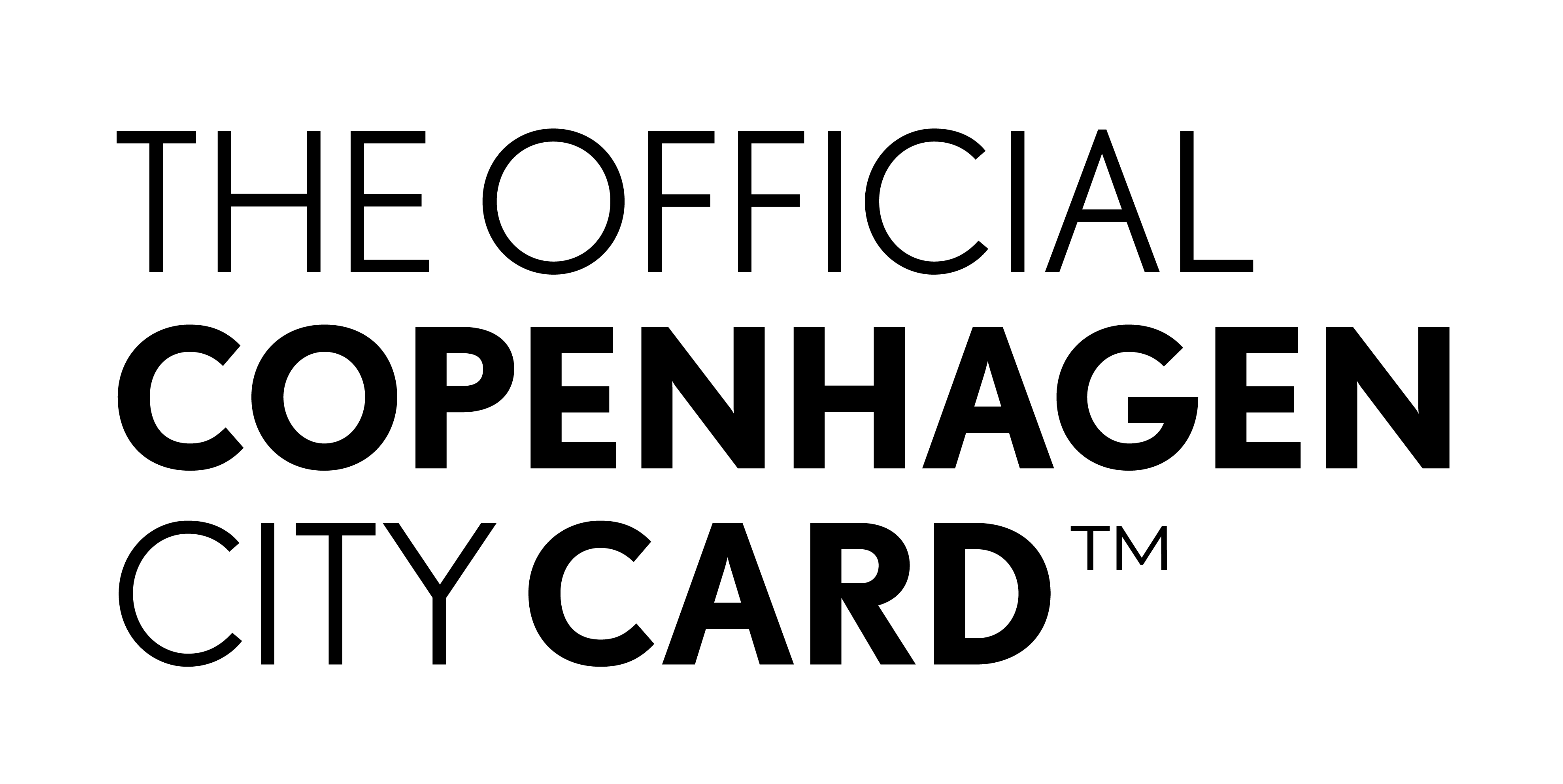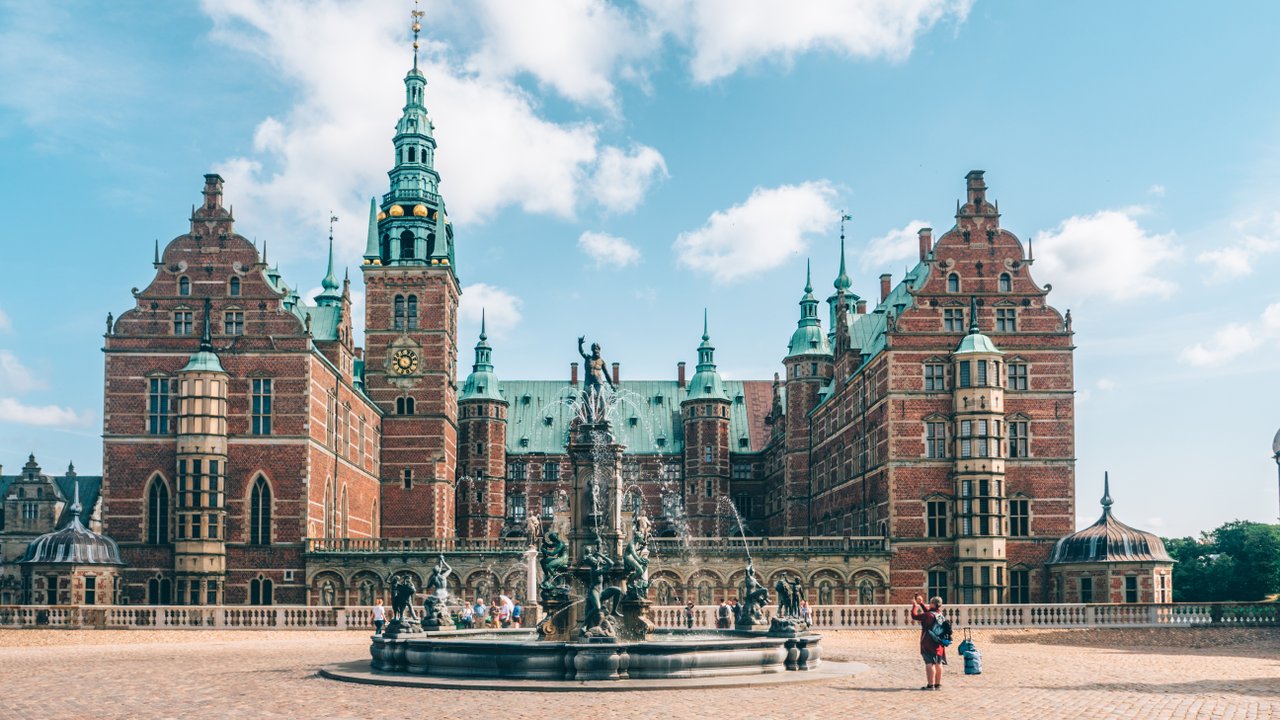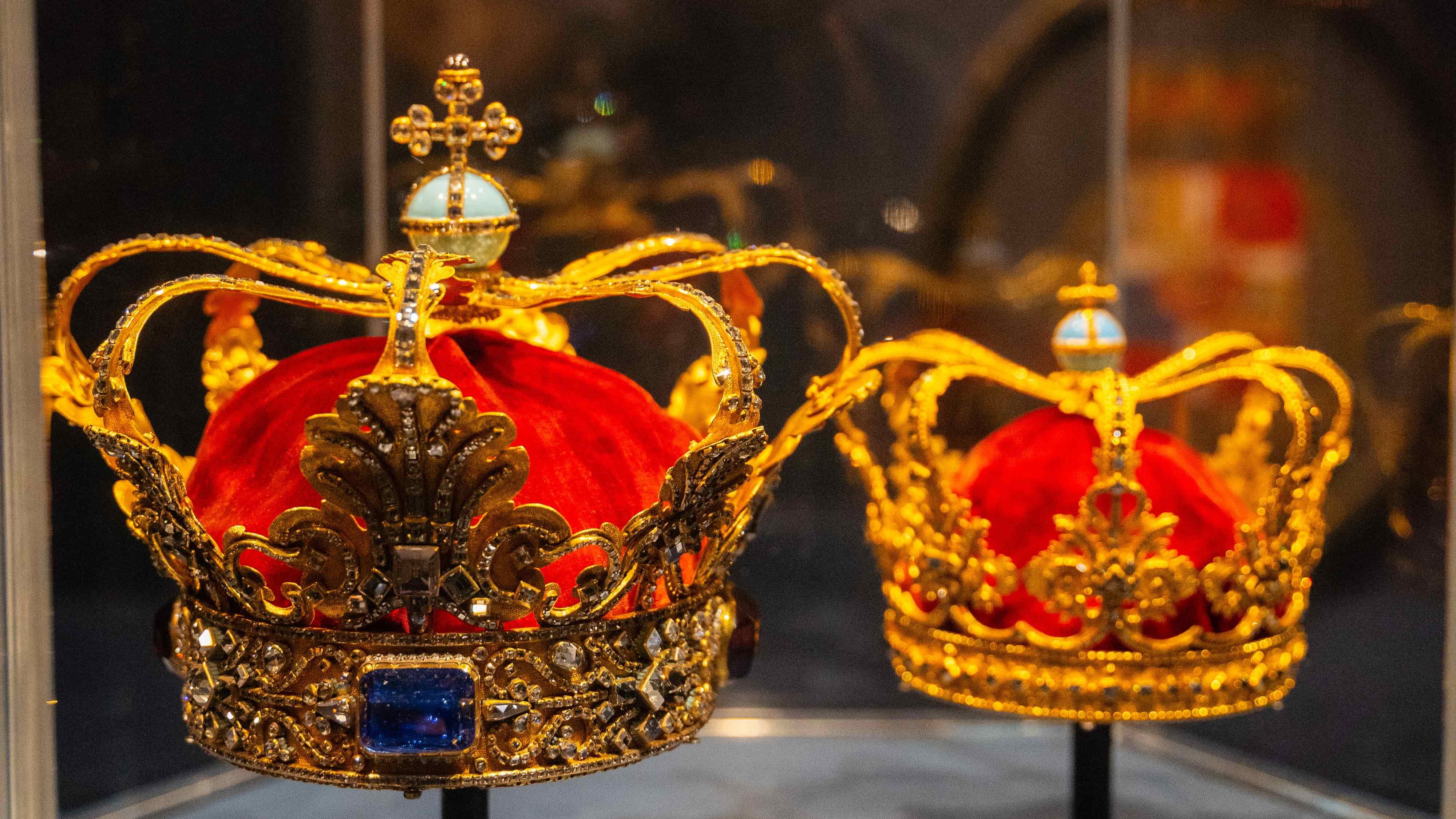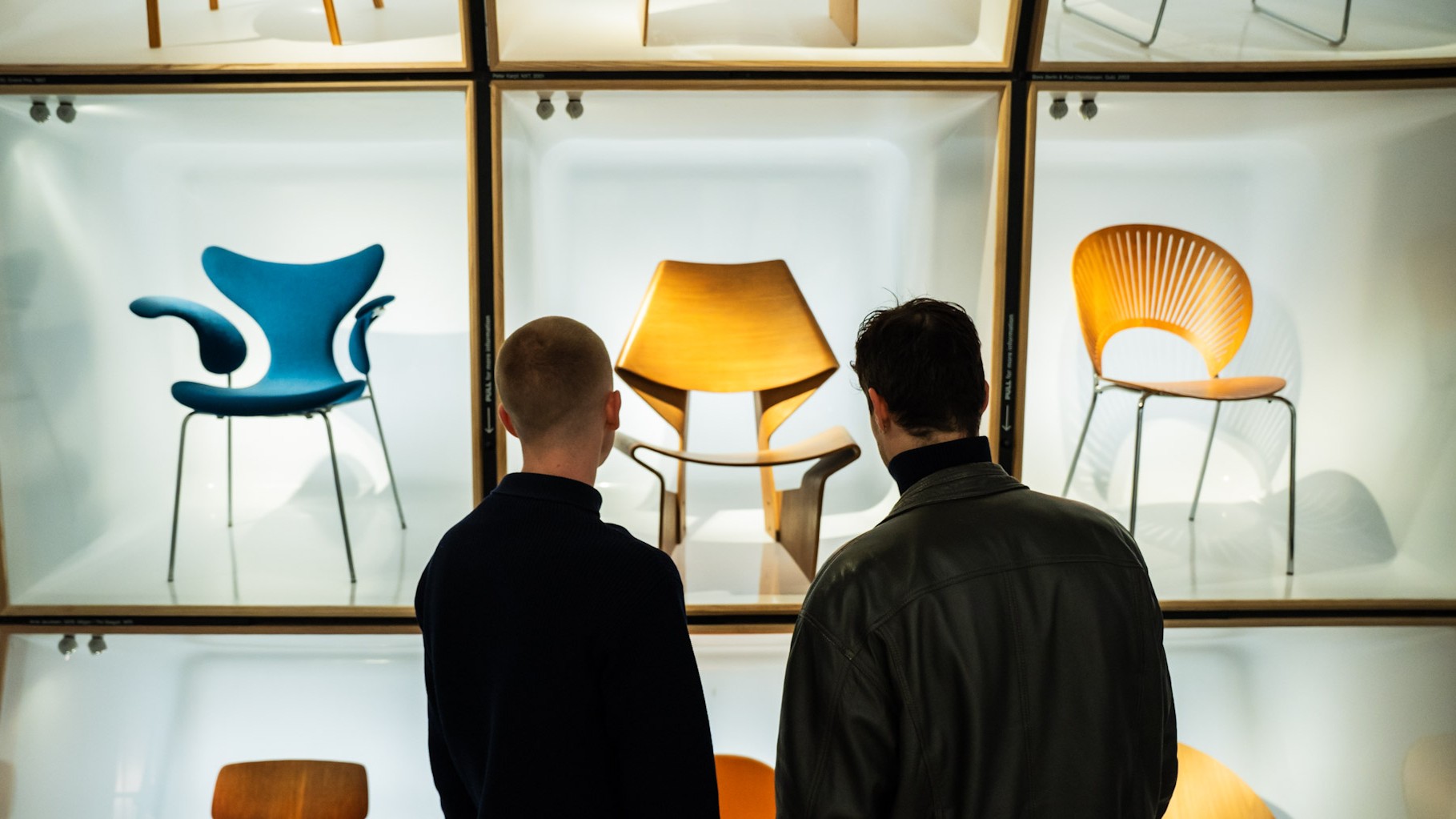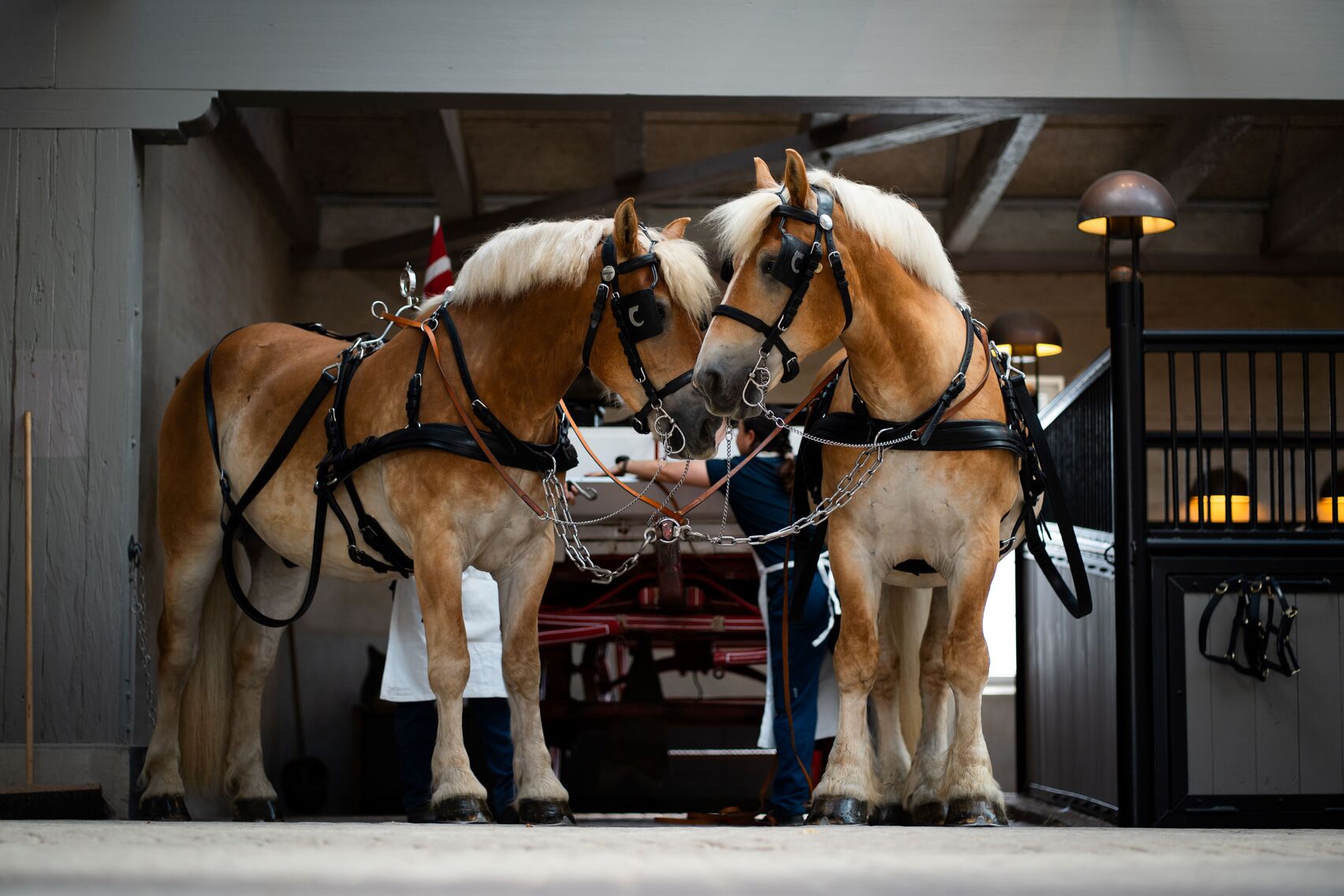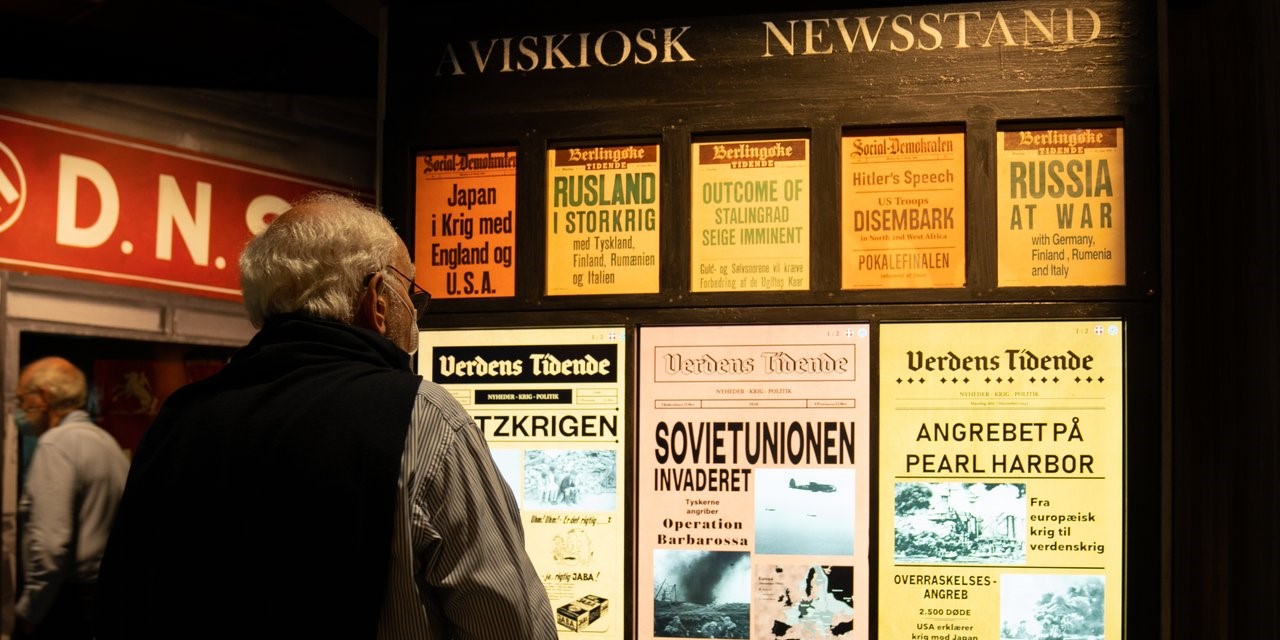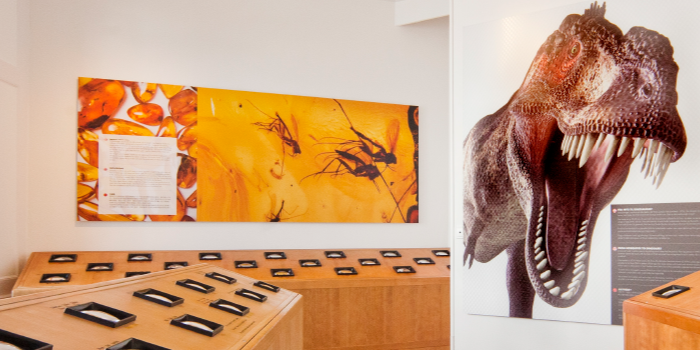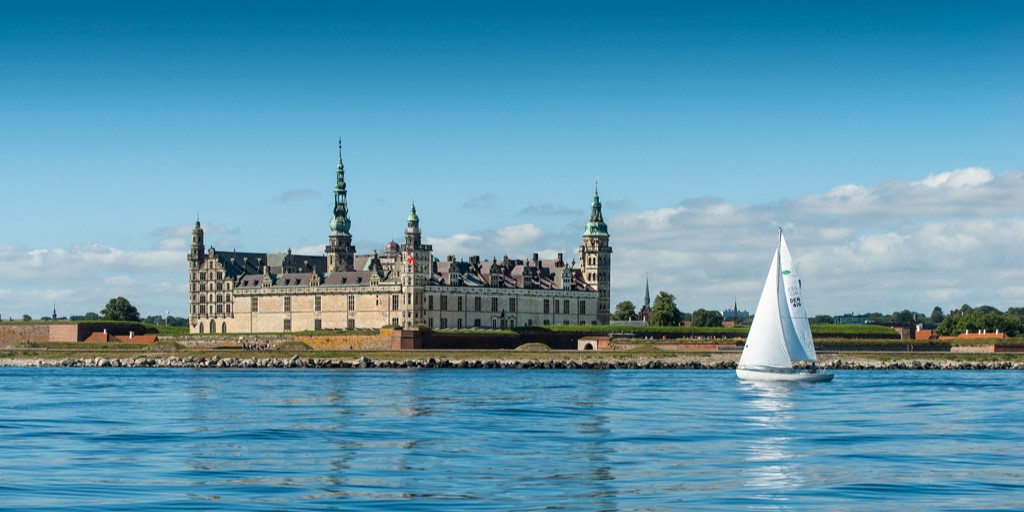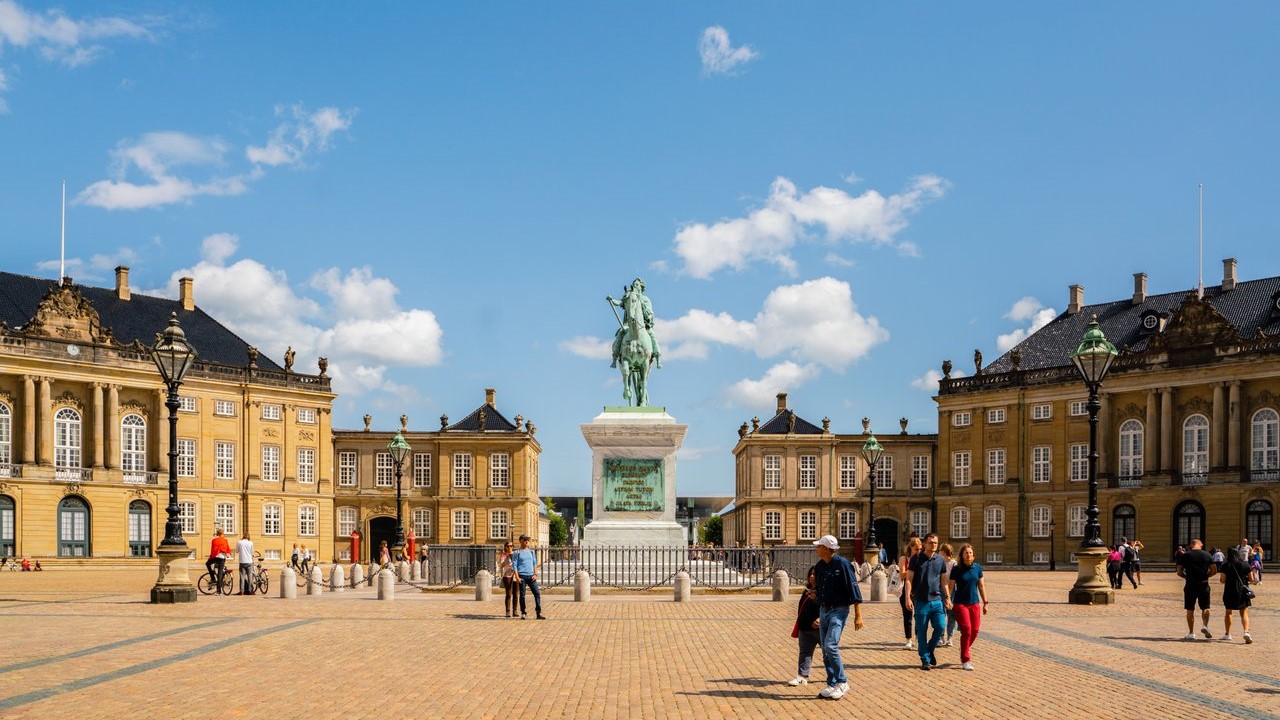
Photo: Lukas Bukoven
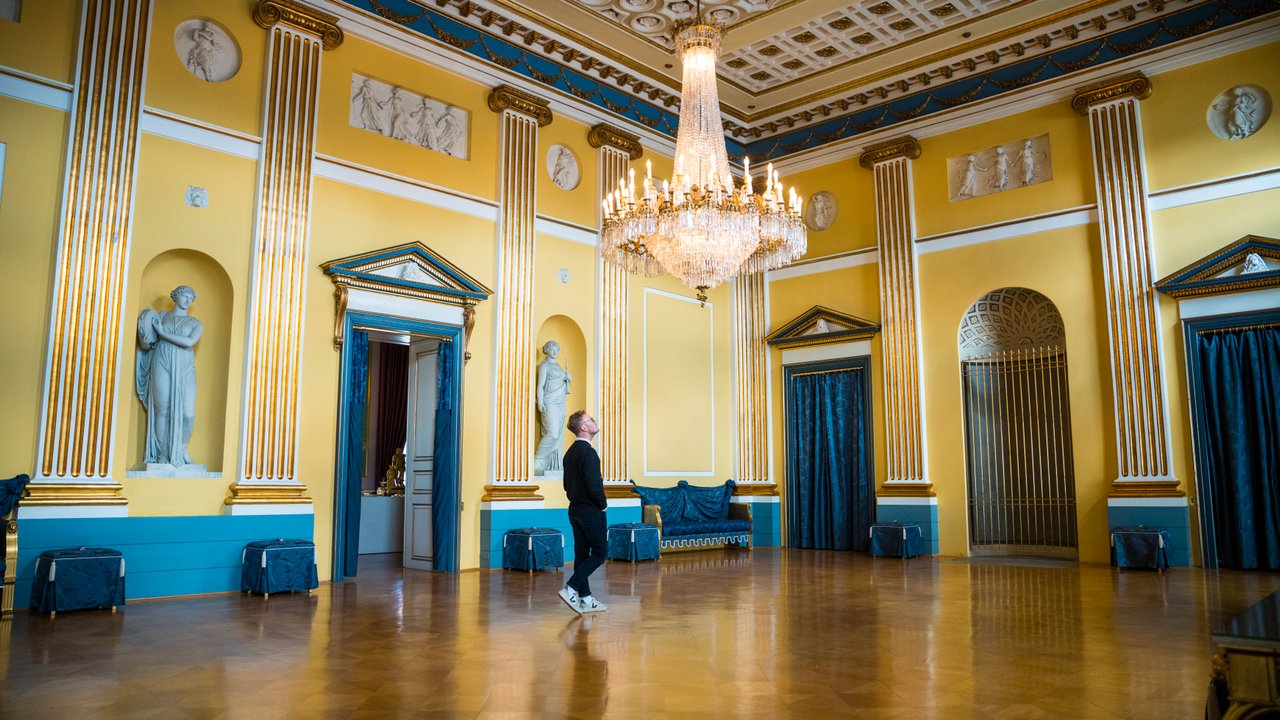
Photo: Mellanie Gandø
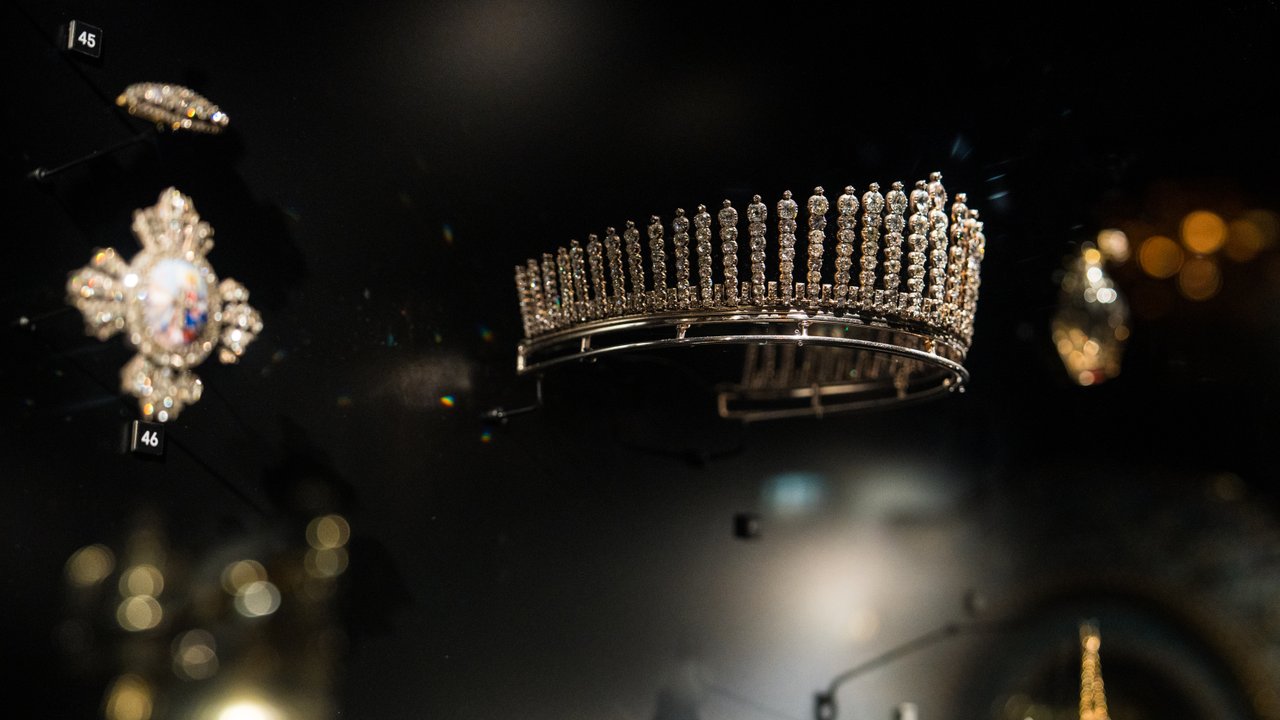
Photo: Mellanie Gandø
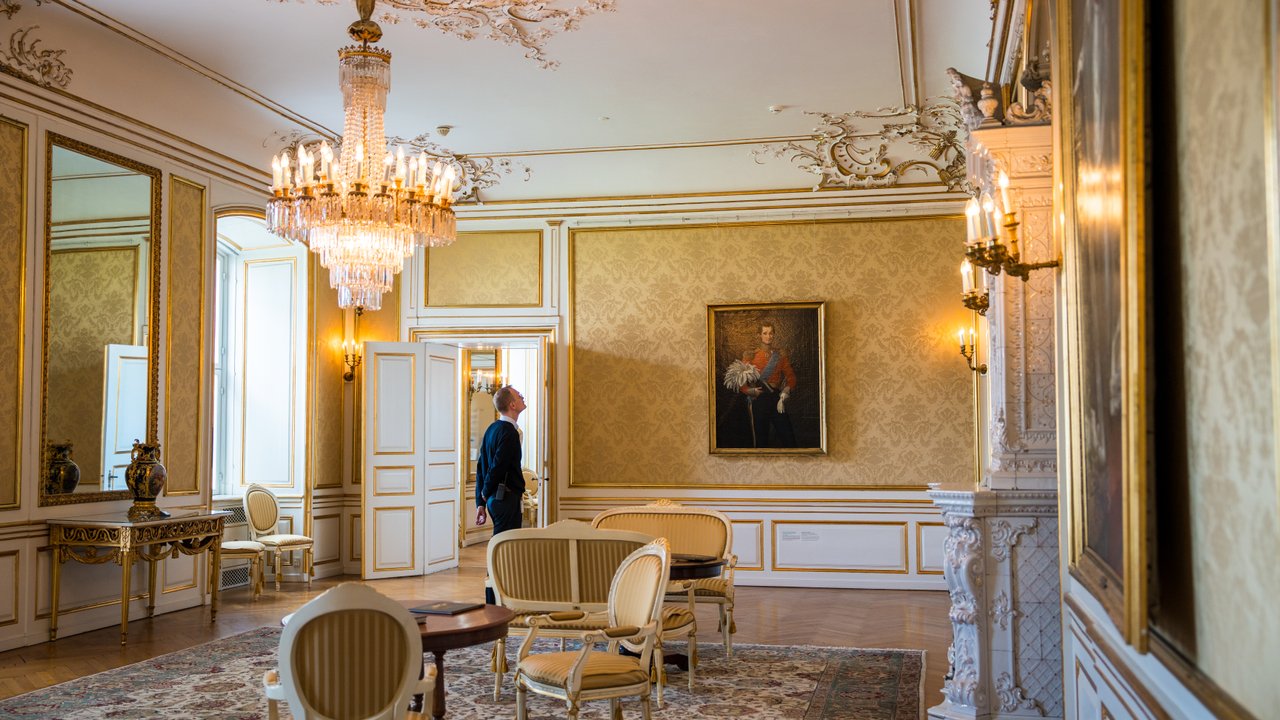
Photo: Mellanie Gandø
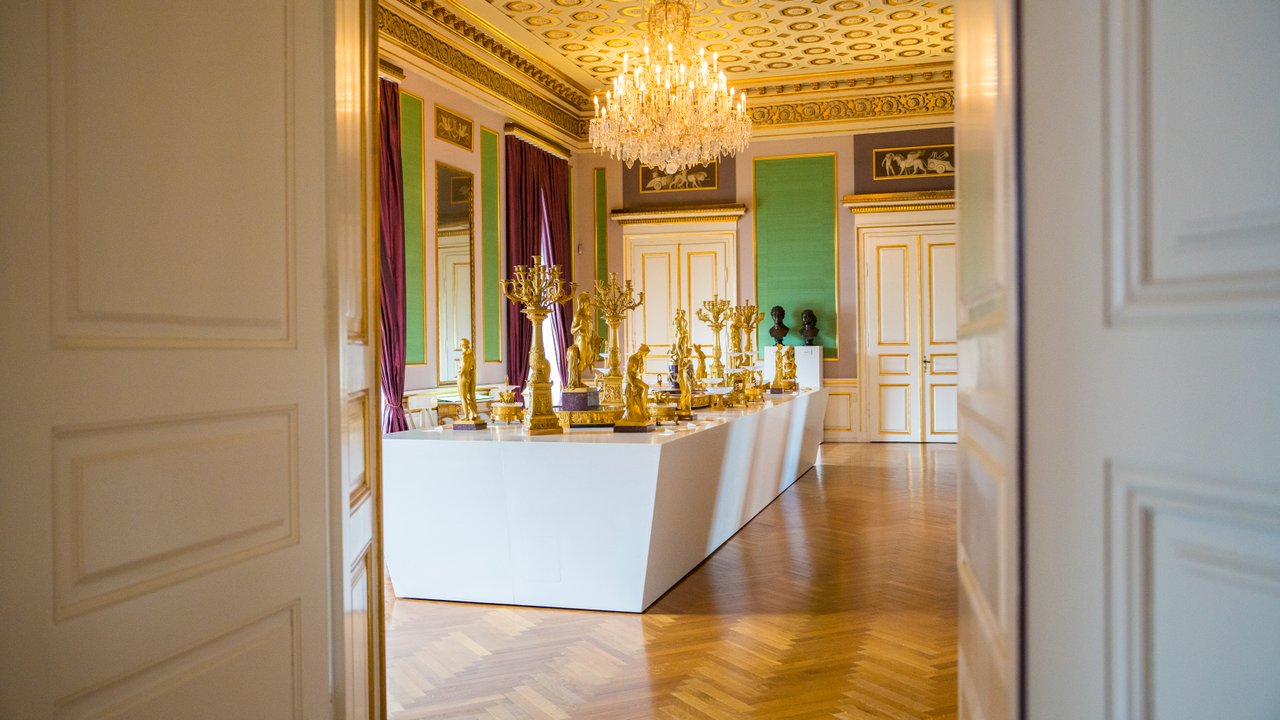
Photo: Mellanie Gandø
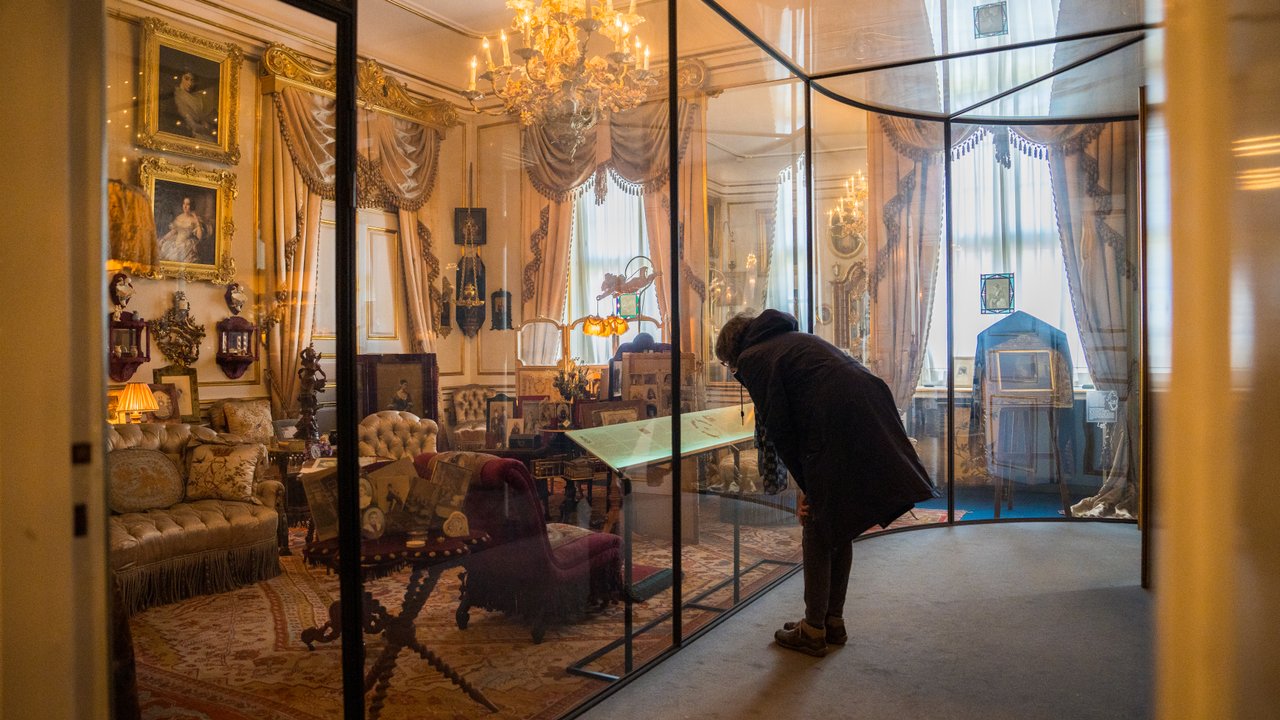
Photo: Mellanie Gandø
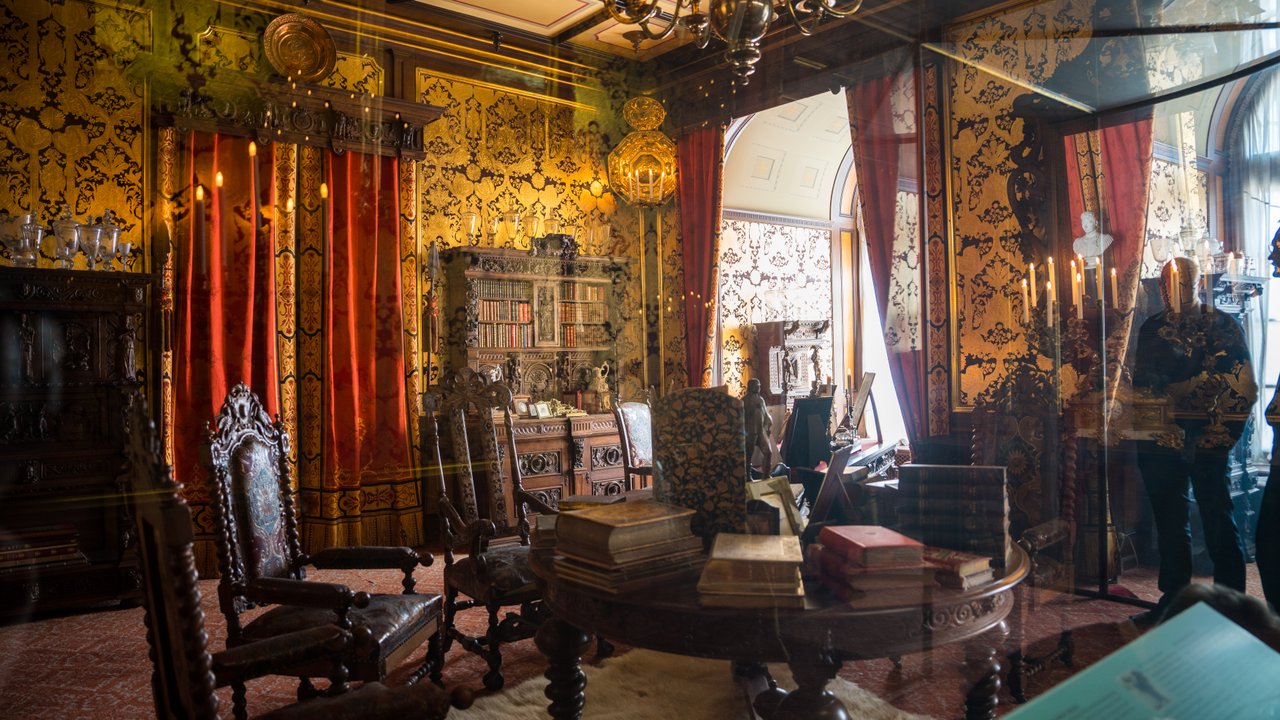
Photo: Mellanie Gandø
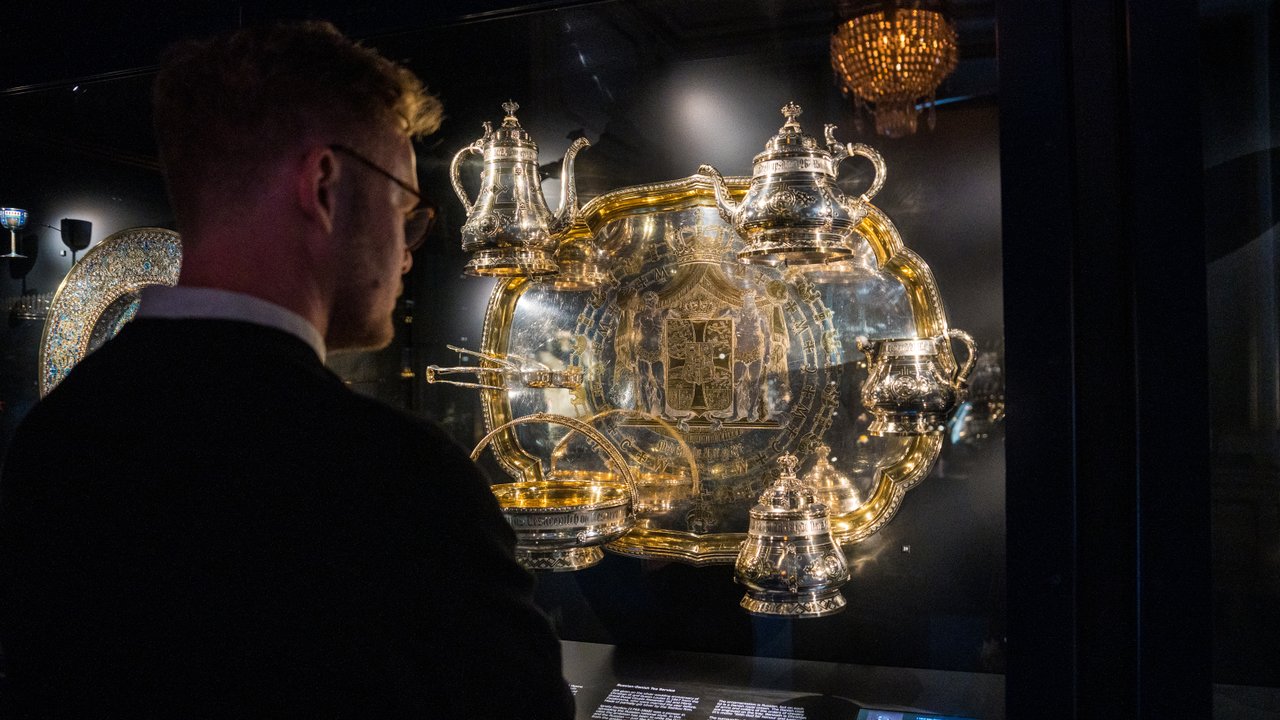
Photo: Mellanie Gandø
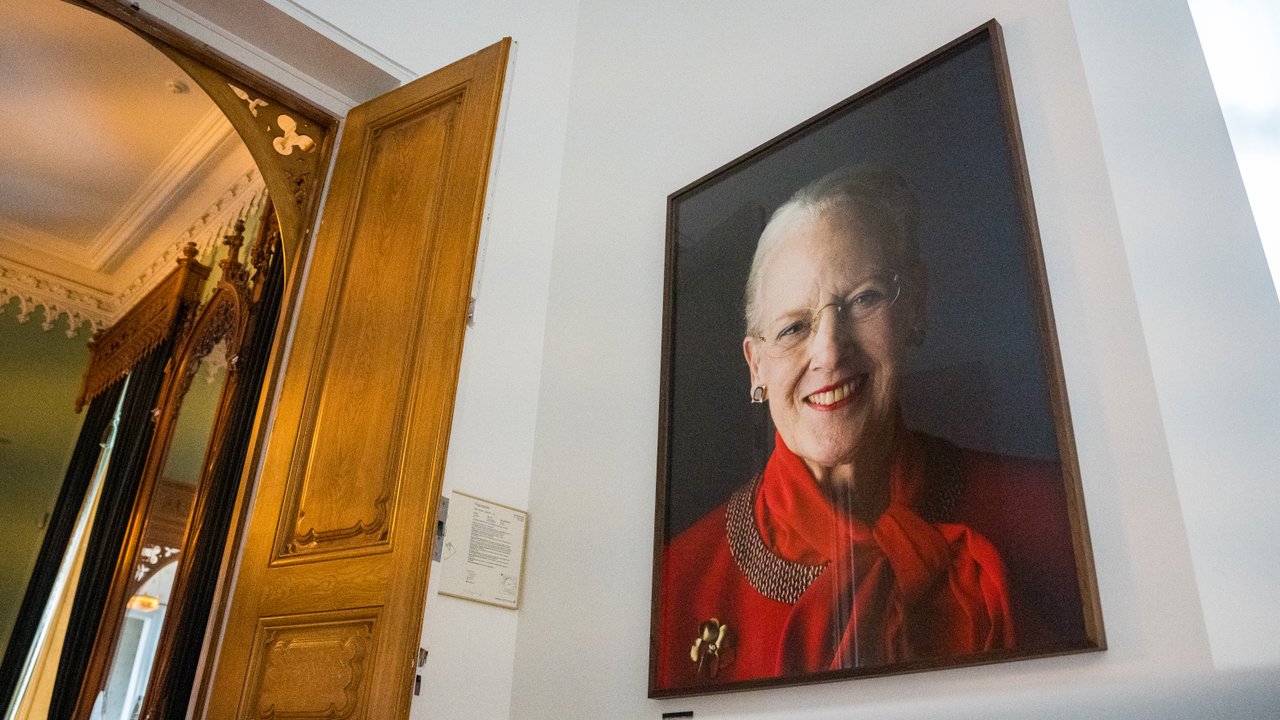
Photo: Mellanie Gandø
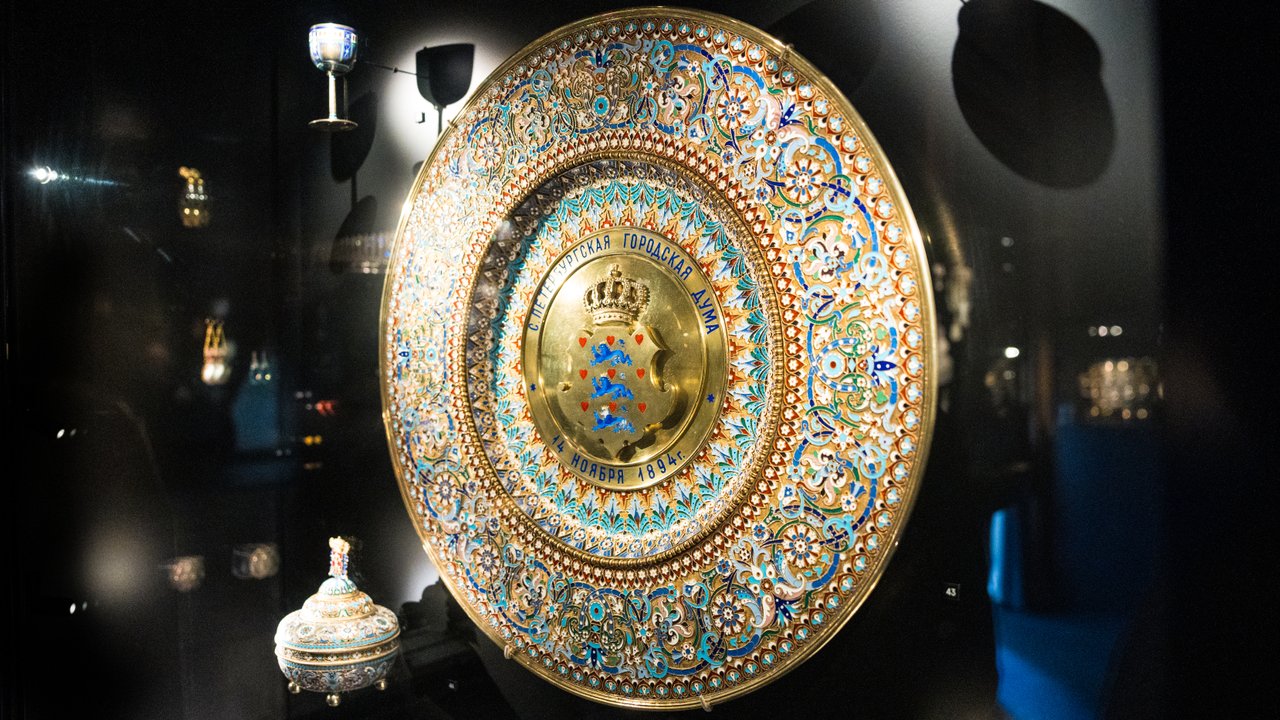
Photo: Mellanie Gandø
Amalienborg Museum
Complete your visit to Amalienborg Palace square – step inside Amalienborg and experience royal life past and present. The Amalienborg Museum presents the private interiors of the most recent kings and queens and a treasury with world class jewellery.
Opening Hours: Plan your visit - The Amalienborg Museum (kongernessamling.dk)
The scope of the museum stretches back 150 years to Christian IX and Queen Louise, who were known as "the in-laws of Europe" because four of their children ascended to the thrones of England, Greece, Russia and Denmark respectively.
As in a journey through time the rooms of the royal couple and their descendants stand intact. Each reflects the modern taste of its period and the personalities of the kings and queens, whether it is in military, Victorian, or knightly style.
One of the world’s most important collections of Russian jewellery can be enjoyed in the so-called Fabergé chamber. The collection came to Denmark mainly via empress Dagmar (Maria Fedodorovna), daughter of Christian IX and queen Louise.
On most days, there is admittance to the Gala Hall and the other magnificent rooms on the piano nobile. The royal reception rooms are still used by the royal family. Check opening hours of the piano nobile at amalienborg.dk.
Related Attractions
Opening Hours
07.02.2026 - 22.02.2026:Monday: 10:00 - 16:00
Tuesday: 10:00 - 16:00
Wednesday: 10:00 - 16:00
Thursday: 10:00 - 16:00
Friday: 10:00 - 16:00
Saturday: 10:00 - 16:00
Sunday: 10:00 - 16:00
23.02.2026 - 27.03.2026:
Monday: closed
Tuesday: 10:00 - 16:00
Wednesday: 10:00 - 16:00
Thursday: 10:00 - 16:00
Friday: 10:00 - 16:00
Saturday: 10:00 - 16:00
Sunday: 10:00 - 16:00
Location
Christian d. VIII's palæ
1257 VIII's Palæ
https://www.kongernessamling.dk/en/amalienborg/
Wheelchair Accessible

